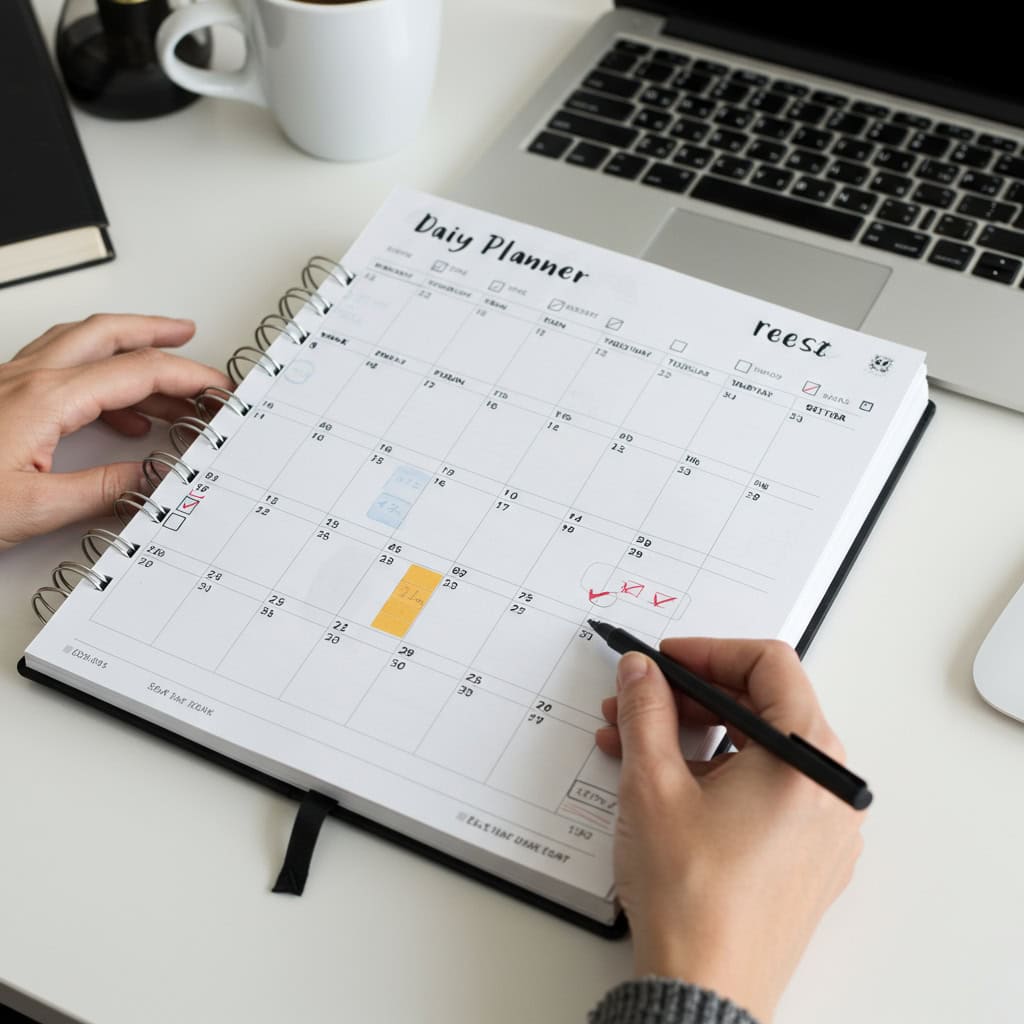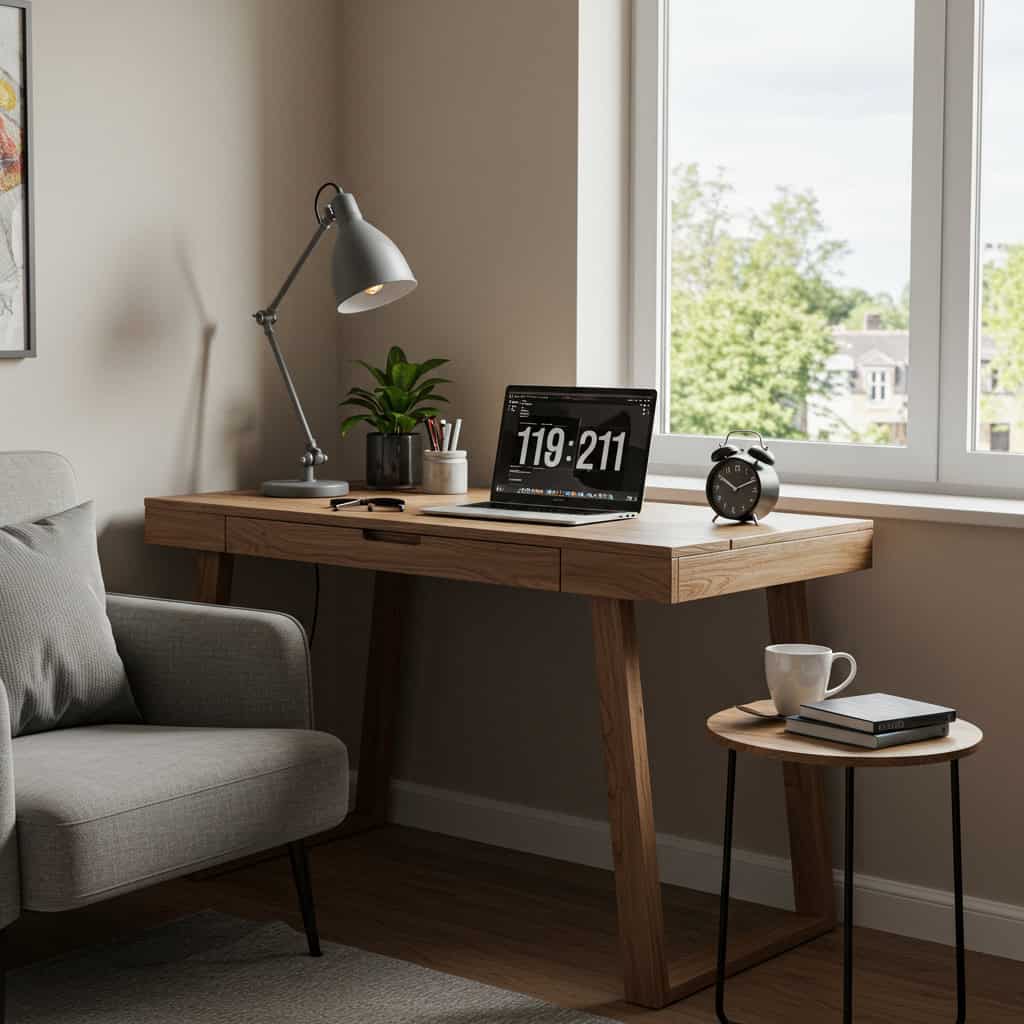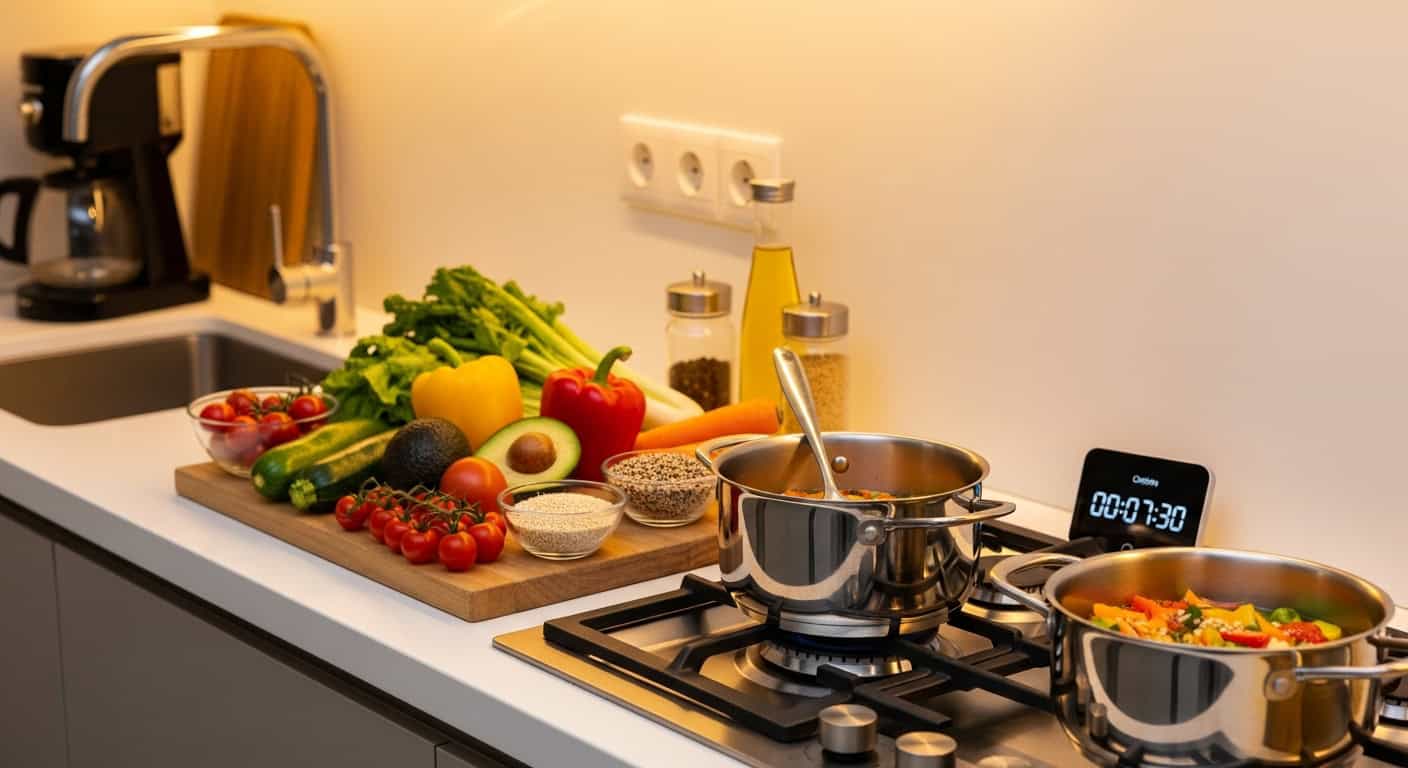How to Improve Your Daily Routine to Strike a Balance Between Rest and Business Success
In today’s fast-paced world, finding harmony between ambition and relaxation is more crucial than ever. Many high performers struggle with burnout simply because they overlook the power of a well-structured daily routine. Optimizing your day isn’t just about squeezing in more work; it’s about creating space for rest, reflection, and renewal.
With the right strategies, you can enhance productivity while safeguarding your well-being. This article shares practical, research-backed steps to help you integrate restful habits and smart work practices, ensuring you achieve both business success and a more fulfilling life.
Prioritize Quality Sleep

Establishing a consistent sleep schedule is a foundational step toward balancing rest and business performance. Quality sleep directly influences cognitive function, decision-making, and overall productivity. Aim to go to bed and wake up at the same time each day, even on weekends.
Create a relaxing pre-bed routine, such as reading or meditation, to signal your body it’s time to wind down. Limit screen exposure and caffeine intake in the evening for deeper rest. For more evidence on how sleep impacts your career, see this guide from the Sleep Foundation.
Plan Your Day with Purpose

Intentional planning is key to balancing productivity with meaningful downtime. Start by identifying your top priorities and set clear goals for the day. Use time-blocking techniques—assigning specific time slots to different tasks—to ensure both business objectives and personal breaks are included in your schedule.
This structure minimizes distractions and maximizes focus, making it easier to transition between work and rest. Regularly review your agenda and adjust as needed to stay on track. For actionable advice, check out this guide to time-blocking from Todoist.
Set Boundaries for Work and Rest

Creating clear boundaries between work and personal time is essential for long-term well-being and success. Designate specific work hours and communicate them to colleagues, friends, and family. Avoid checking emails or taking work calls outside these times to allow your mind to recharge.
Setting boundaries reduces stress and fosters sustainable productivity by ensuring you truly disconnect. Tools like Freedom and RescueTime can help block distractions and monitor your work-life balance. Consistently honoring these boundaries reinforces healthy habits and prevents burnout.
Integrate Mindful Breaks

Mindful breaks are essential for sustaining focus and preventing burnout in demanding business environments. Short pauses for deep breathing, stretching, or a brief walk can refresh your mind and reduce stress. These simple practices help reset your attention, boost creativity, and enhance overall productivity.
Set reminders to step away from your work every 60-90 minutes, ensuring you remain energized throughout the day. For effective techniques, explore this Mindful.org guide to mindful breaks at work. Embracing regular, intentional pauses supports mental clarity and balanced success.
Reflect and Adjust Regularly

Consistent self-reflection helps you identify what’s working and where improvements are needed in your daily routine. Set aside time each week to evaluate your balance between rest and work. Ask yourself if you’re feeling energized or overwhelmed, and pinpoint any patterns of stress or fatigue. Use a journal or digital tracker to monitor your habits and progress.
Make incremental adjustments, such as reallocating time for relaxation or restructuring tasks, to better support your goals. For more on effective self-reflection, visit this resource from James Clear. Continuous improvement ensures lasting business and personal well-being.
Conclusion

Balancing rest with business success requires intention, discipline, and ongoing self-awareness. By prioritizing quality sleep, planning your day purposefully, setting firm boundaries, integrating mindful breaks, and regularly reflecting on your habits, you create a routine that supports both productivity and well-being.
Remember, achieving balance is a dynamic process that benefits from regular adjustment as your needs evolve. Start implementing these proven steps today and experience the rewards of a healthier, more energized routine. For more tips on creating positive habits, explore this guide from Harvard Health.






